Building and programming
robotic innovations is the key
for tomorrow´s success
From Preschool to High School (K3-12)
TBox Robotics' academic program encourages logical
mathematical thinking and creativity, using various
robotics technologies, as well as the STEAM approach.
Building and programming
robotic innovations is the key
for tomorrow´s success
From Preschool to High School (K3-12)
TBox Robotics' academic program encourages logical mathematical thinking and creativity, using various robotics technologies, as well as the STEAM approach.
Objetives
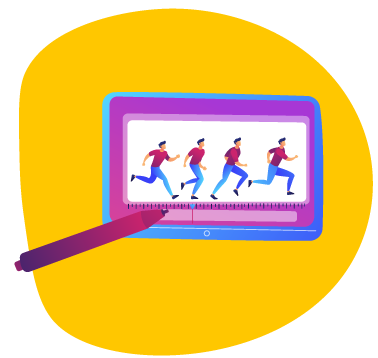
Utilize technology in a creative and relevant way.
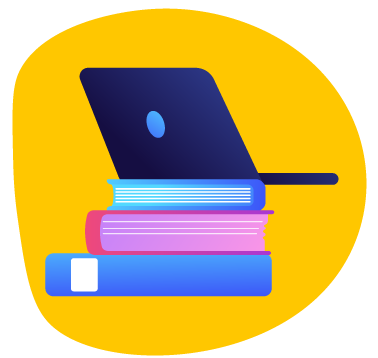
Manage information efficiently and responsibly.
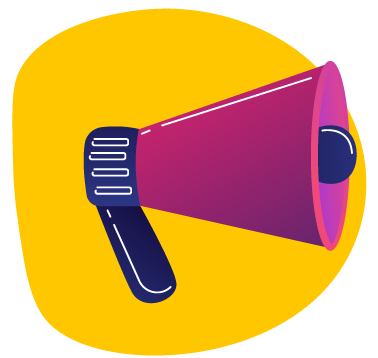
Communicate ideas and opinions effectively.
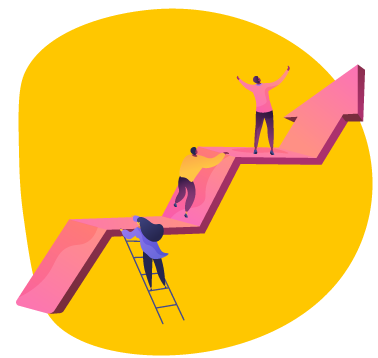
Be a good
team player.
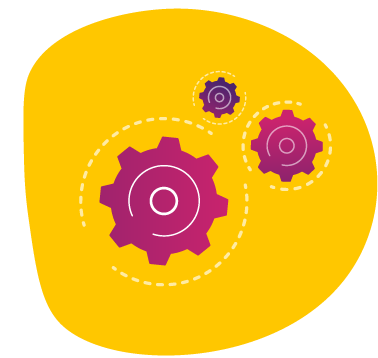
Solve
problems.
Methodology
to effectively use the technological tools selected for the project. We
provide resources such as work files and demonstrations to complete
various activities.
stages to solve the project´s central task. The main role of the technology instructor is to guide students to complete the proposed activities, clarifying any doubts that may have and motivating each student to do their best.
activity to apply their knowledge in a particular academic area,
or to utilize the recently learned tool.
Technologies
STEAM
Projects
Bee-Bot allows students to program a robot bee to complete challenges. It is a friendly, hands-on tool that facilitates learning sequences, estimations, directionality, spatial location, and problem solving.
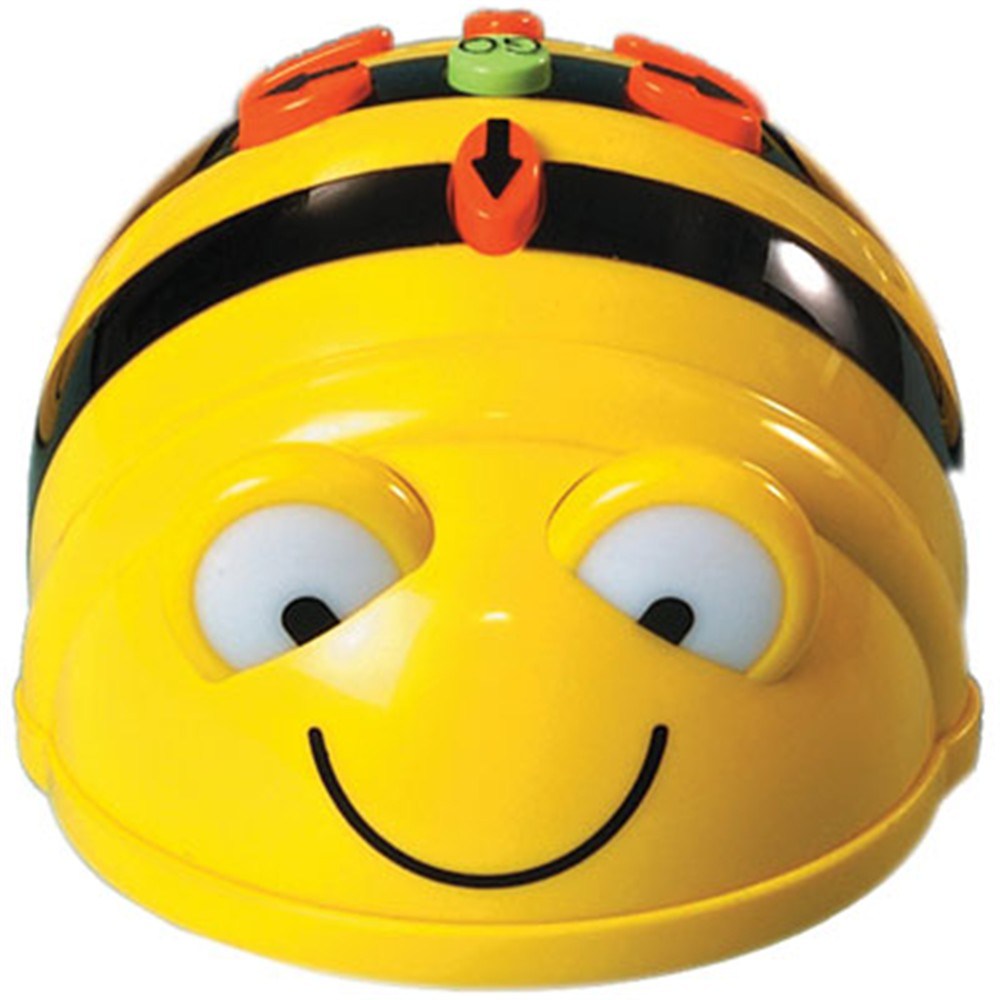
BeeBot
(K3-K6)
Building and programming robots can be an exciting experience for students. This technology utilizes Lego pieces and electronic devices such as motors and sensors to create models depending on the project being developed.
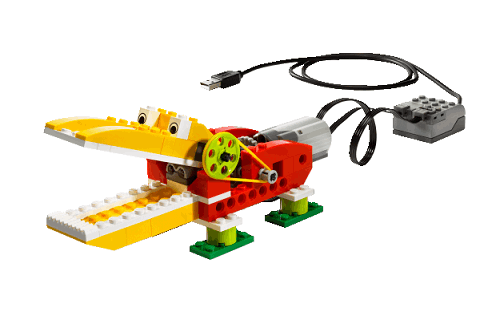
Lego WeDo
(1° to 3° grade)
Makeblock Neuron favors the STEAM approach. With this technology, students magnetically connect blocks and create fascinating models.
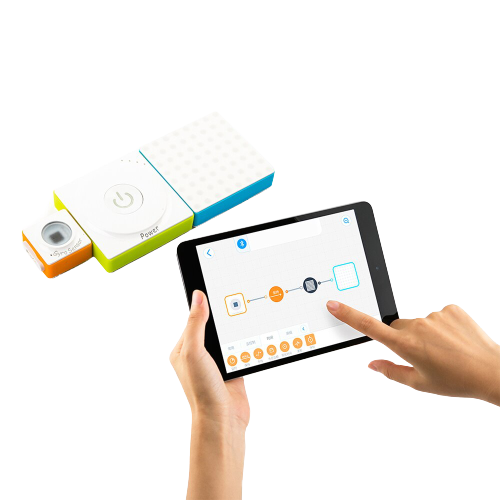
Makeblock Neuron
(1°to 3° grade)
Makeblock Ranger includes light, sound, ultrasound, line follower, gyroscope, and temperature sensors. Every sensor allows students to perform many experiments and link topics. Motors and gears allow you to create a variety of mechanisms.
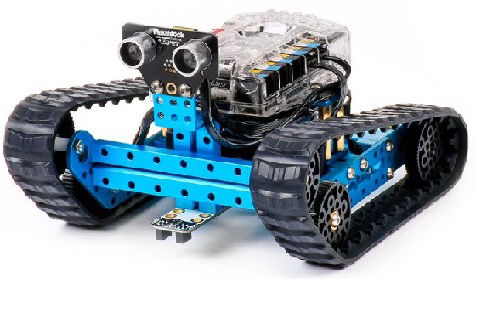
Makeblock Ranger
(4° to 6º grade)
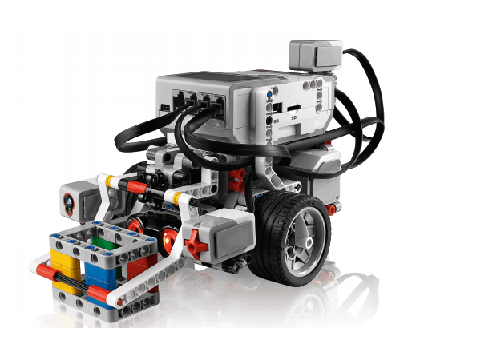
Lego Mindstorms EV3
(7° grade +)
With Lego EV3, students build a variety of robotic models to solve problems. They also apply critical thinking skills to produce creative solutions to various challenges.
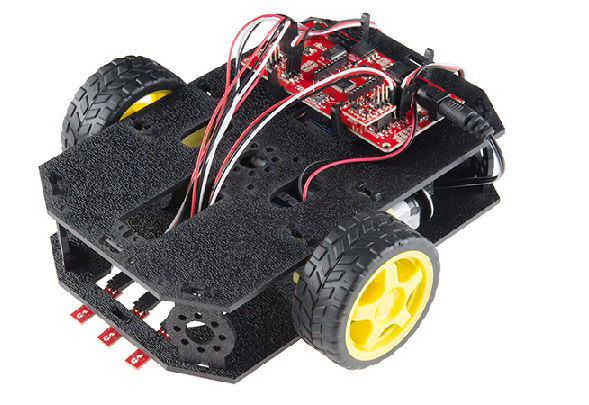
Makeblock Redbot Arduino
(7° grade +)
Redbot Arduino is an “open hardware” technology that enables schools to develop more flexible and accessible robotics projects.
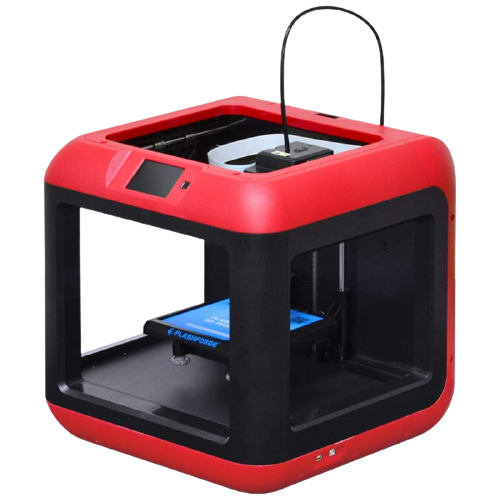
3D design and printing
(9° grade +)
Through these projects, students will master 3D modeling and printing using a STEAM approach.
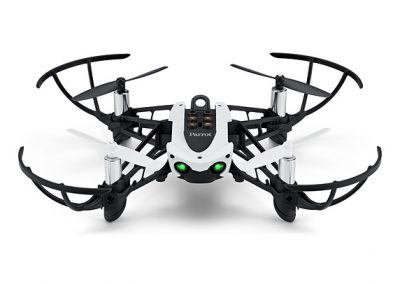
Drones
(9° grade +)
Students program MiniDrones through an application using graphic blocks of instructions and different options to achieve the desired actions: loops, conditional structures, variables and more.
Virtual robotics
Traveling to the world of mathematics!
The world of geometric figures!
Smart Airports
Virtual robots in action
Board games with Makecode and micro:bit
Home automation with Arduino
Drones
Materials
It includes a video that introduces the main theme of the project and the technology students will use in a creative and interesting way.
It is made up of a series of practical activities that allow students to complete each of the educational projects.
Demonstrations that show a step by step on how to perform key processes in the programs used during the project.
It contains all the necessary elements for teachers to plan and prepare each of the activities proposed in the educational project.
With our platform, it is easier to track the progress of students on all projects, either individually or in groups.

